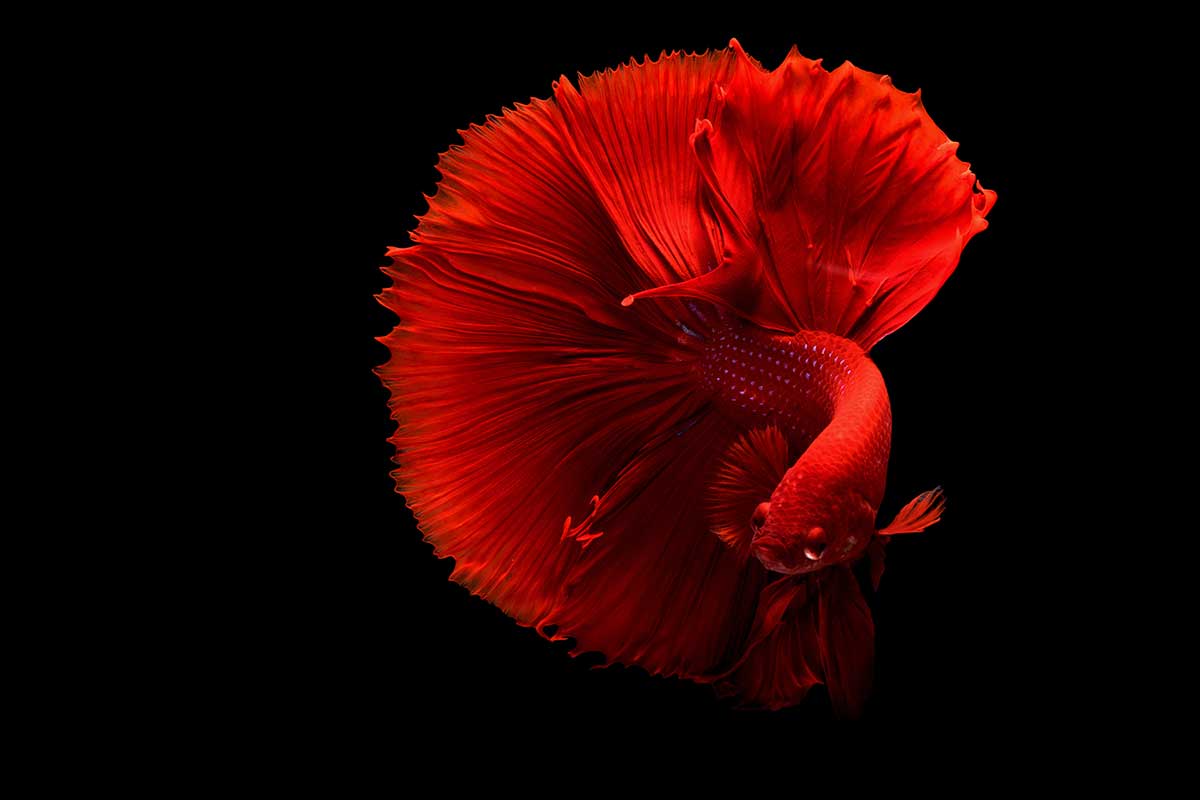Betta fish, also known as Siamese fighting fish, are often considered low-maintenance pets, which makes them an attractive option for children and first-time pet owners.
They are bright, colorful, and fascinating, but unfortunately, they may not be the best choice for all individuals. While betta fish are indeed low-maintenance, they can require specialized care and attention, which may not be suitable for a child new to pet ownership.
In this article, we will explore five reasons betta fish may not be a good first-time fish for a child.
Tank Size
Betta fish may be small, but they still require adequate space to swim and thrive. Contrary to popular belief, bettas cannot survive in small, cramped spaces such as vases or small bowls.
A tank of at least five gallons is necessary to sustain a betta’s well-being. A larger tank will provide a better environment for the fish to swim, hide, and play and ensure that the water stays clean.
Water Quality
Betta fish are notoriously sensitive to poor water quality, and their health can quickly deteriorate if their water conditions are not up to par. Betta tanks require regular and frequent water changes to maintain proper water chemistry and avoid harmful buildup of ammonia and nitrate levels.
Young children may find this task tedious and, without appropriate oversight, may neglect the necessary water changes to ensure their pet’s survival.
Diet
Betta fish require a specific diet of protein-rich foods, such as pellets or freeze-dried brine shrimp. While this may not seem like a big issue, a child may not have the proper knowledge to provide their fish with the correct type and amount of food.
Overfeeding or feeding an improper diet can lead to health issues like obesity or constipation.
Compatibility
Betta fish are relatively territorial and should not be housed with other fish. They also should not share a tank with other betta fish, as two males will inevitably fight to the death.
Children may not understand the importance of maintaining a compatible tank environment. They may want to introduce other fish to their betta, leading to fatal consequences.
Lifespan
Betta fish can live up to 4 years with proper care. While maintaining a single fish may seem easy, when the time comes for the betta to pass away, a child may find it challenging to cope with the loss.
The grief associated with losing a beloved pet can harm a child that may not yet be ready to deal with such realities.
Summary
In conclusion, while betta fish may seem like an inexpensive and easy-to-maintain pet, they require specialized care and attention that a young child may not be equipped to provide.
From proper tank size and water quality to providing an appropriate diet and maintaining a single-fish environment, bettas can require more work than initially anticipated.
Additionally, the emotional toll of losing a pet can have unhealthy effects on children that may not have yet developed the emotional capacity to handle such stresses. Therefore, it’s essential to consider all these factors before giving a betta fish as a first-time pet to a child.






